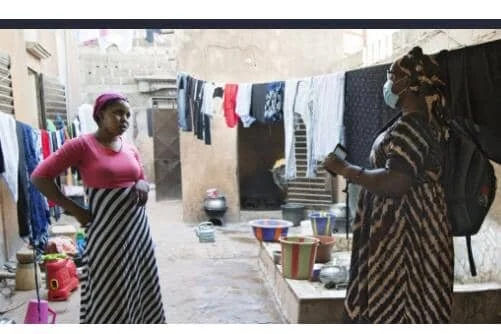The climate crisis is a health crisis fueled by an untenable status quo. It is threatening our food, water, and air, worsening disease and extreme weather, and putting our physical, mental, and social well-being at risk. While the threat of the climate crisis is universal, the speed and severity of the impacts are not. Those who did the least to cause this emergency suffer the most as climate shocks push inequitable and fragile health systems past the breaking point.
World Malaria Day 2022 | Harnessing Innovation To Reduce The Malaria Disease Burden And Save Lives.
World Malaria Day (WMD) is an international observance commemorated every year on the 25th of April. It is a day set aside to recognize the global efforts in combating Malaria. WMD, first observed in 2008, evolved out of Africa Malaria Day, which had been observed annually since 2001, when African Leaders meeting under the auspices of the African Union signed the Abuja Declaration, committing to step-up efforts in fighting and eradicating Malaria in Africa. The theme for World Malaria Day 2022 is to harness innovation to reduce the malaria disease burden and save lives.
The Youth Cafés Report Of The 7th Eu-Africa Business Forum 2022.
The 7th EU-Africa Business Forum (EABF22) took place online from 14th to 18th February 2022 and in a hybrid format on the 16th and 17th of February 2022, at The Square, in Brussels (Belgium). The Forum was jointly promoted and sponsored by the European Commission and the African Union Commission and organized in partnership with the Pan-African business organizations Africa Business Council, Pan African Chamber of Commerce and Industry, AfroChampions, Business Africa, and the PanEuropean business organizations Business Europe, European Business Council for Africa and the Mediterranean, Eurochambres and European Entrepreneurs CEA-PME.
Community Health Workers: The Unsung Heroes In Africa’s COVID-19 Response
The WHO defines Community Health Workers (CHWs) as lay people who live in the communities they serve and who function as a critical link between those communities and the primary-healthcare system. In Africa, they provide low-cost interventions for common maternal and pediatric health problems such as pneumonia, diarrhea, undernutrition, malaria, HIV, measles and now COVID-19. They also assist with immunization.





